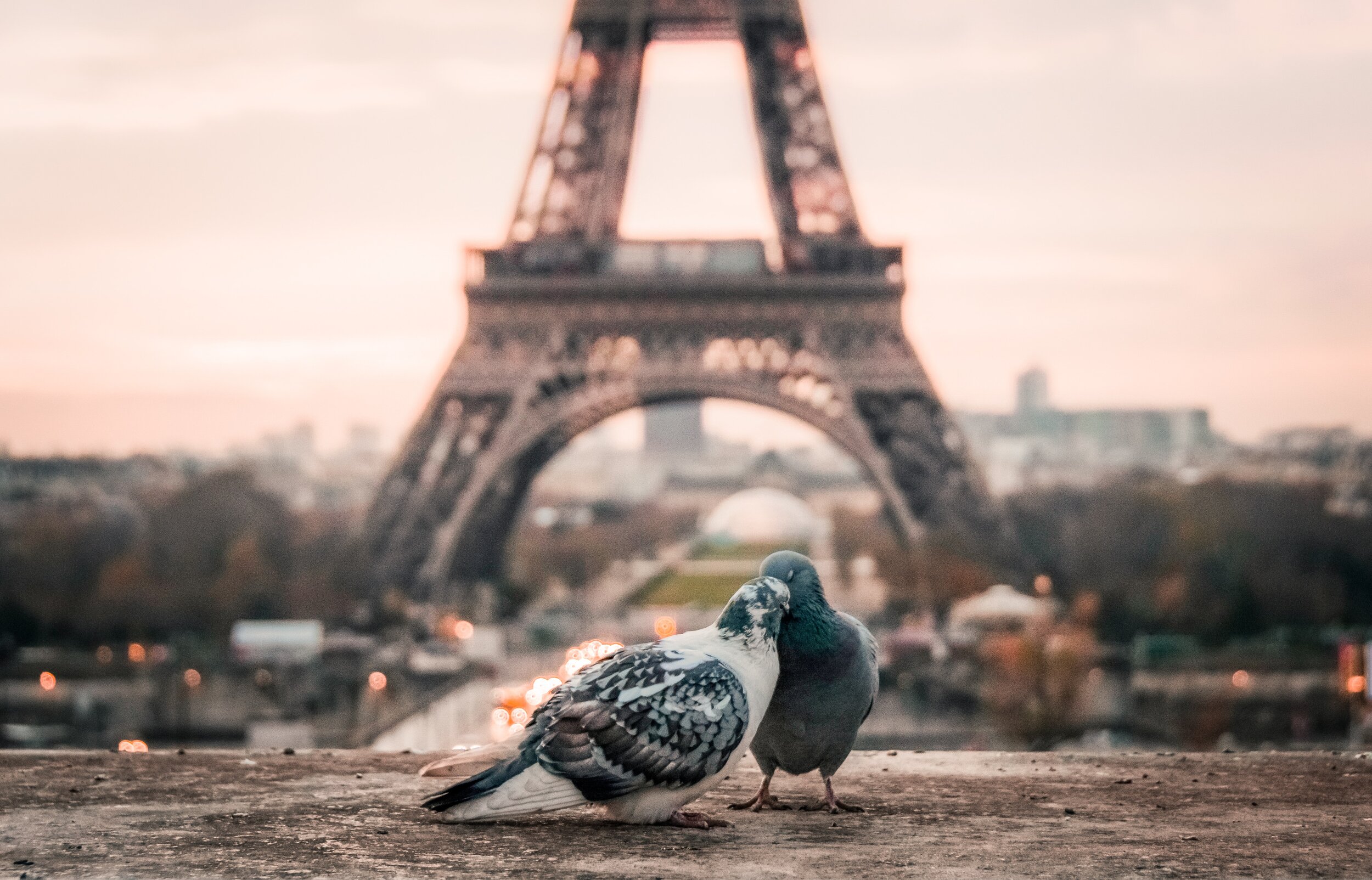Season 2, Episode 1 - Encountering: Love
Encounter
Welcome to the second season of the podcast The Existentialists! The theme of this season is “encounter” understood as a personal activity of seeing and appreciating the essential value of another person or of one’s own. In contrast with the common understanding of encounter as a casual, relatively fleeting meeting between people, in Existential Analysis encounter represents an intentional, sustained, deliberate act of engaging with the essential through open dialogue that addresses and appreciates the person. Encounter is not restricted to meeting with other people. We can encounter ourselves, nature, beauty, love, our body, desire, death or the sacred. Every act in which we show up personally when engaging with various experiences, parts of our world or others, and during which we can see the essential and preciousness of what addresses us as persons is encounter. This season invites you to reflect on your capacity for encounter, what and whom you encounter in your everyday life, and how these encounters deepen and enrich your life and you on a personal level.
Encountering love
In the first episode of this second season, the hosts explore the theme of encountering love.
Love is the quintessence of what encounter is as in love we turn towards the other person with openness and interest in order to see the other in one’s own essence as well as the value of the person we love. Love is not experienced only between people but also inwardly towards oneself or in relationship with various experiences, events or aspects of our life world.
Love is a fully embodied, felt experience but this does not mean that love is just a feeling. Love is a personal activity that aims to connect with and delight in the presence of whom or what we love. An omnipresent quality of the experience of love, regardless of its object, is that it draws us powerfully towards creating closeness and intimacy with whom or what we love, and, in so doing, it allows us to transcend the boundaries of our own self (self-transcendence) and to know the other- person or other nonpersonal entity of event- as who or what they truly are (the essence).
Love is different than infatuation or falling in love which are relatively passive experiences in which we are powerfully attracted to someone without having found yet our own ground and personal response to what attracts us. Often people who are searching for love are seeking the powerful feeling of being in love in which they are swept off their feet and rendered mostly passive in front of such powerful emotions. Although falling in love is an essential human experience that opens up our capacity for self-transcendence, it is important to acknowledge that love requires also an active participation and dedication. While we cannot decide when and with whom we fall in love, we can choose how to turn towards the other in a way that allows us to see and appreciate their essence.
Love is an experience that can be reciprocated in a mutual loving encounter or unrequited or one-sided when it is not (fully) reciprocated. Although usually painful, the unrequited love carries the opportunity to explore and know one’s longings and hear desires, even in the absence of reciprocity. Ultimately, the unrequited love could be connected with deeper spiritual longings or with the experience of existential loneliness where one cannot be reached and seen by the other.
Within the therapeutic context, love or erotic transference and countertransference are relatively common experiences that are worth exploring therapeutically within the safety of the therapeutic relationship that provides the boundaries and the openness necessary to do this work. For example, love can reveal what someone values, or someone’s longings or nostalgia. Thus, it is always helpful to accompany clients in their journey towards greater self- knowledge and understanding. Love is a potent way to reveal one’s deepest heart desires and longings, and, ultimately, who someone is. How we love is who we are.
Although love is often talked about in interpersonal relationships, we can and are asked to be able to love ourselves as well. In fact, it is unlikely that someone who does not experience oneself as intrinsically valuable and does not know oneself is unlikely to love the preciousness of the other or to be able to receive the appreciative look of the other. Often people who seek love from others are those who do not know how or forgot to love themselves. Love attracts love: when someone relates to oneself lovingly, it is more likely that they will be able to recognize and receive love.
Suggested readings referenced in Episode 1:
Carl Rogers - Encounter Groups
Harry Stack Sullivan - https://en.wikipedia.org/wiki/Harry_Stack_Sullivan
Alive Inside - https://www.youtube.com/watch/IaB5Egej0TQ - Documentary about Alzheimer’s and Music
Viktor Frankl - https://en.wikipedia.org/wiki/Viktor_Frankl
Dr. Alfried Laenlge – The Art of Involving the Person - http://www.laengle.info/index.php?&page=home
Rollo May - https://en.wikipedia.org/wiki/Rollo_May
Irvin Yalom - Love’s Executioner - https://www.yalom.com/loves-executioner
Carlos Ruiz Zafon- Marina - https://www.theguardian.com/books/2013/nov/09/review-marina-carlos-ruiz-zafon
Julia Cameron – Artist’s Way - https://juliacameronlive.com/the-artists-way/
Why Flirting Matters - https://www.theschooloflife.com/thebookoflife/why-flirting-matters/
